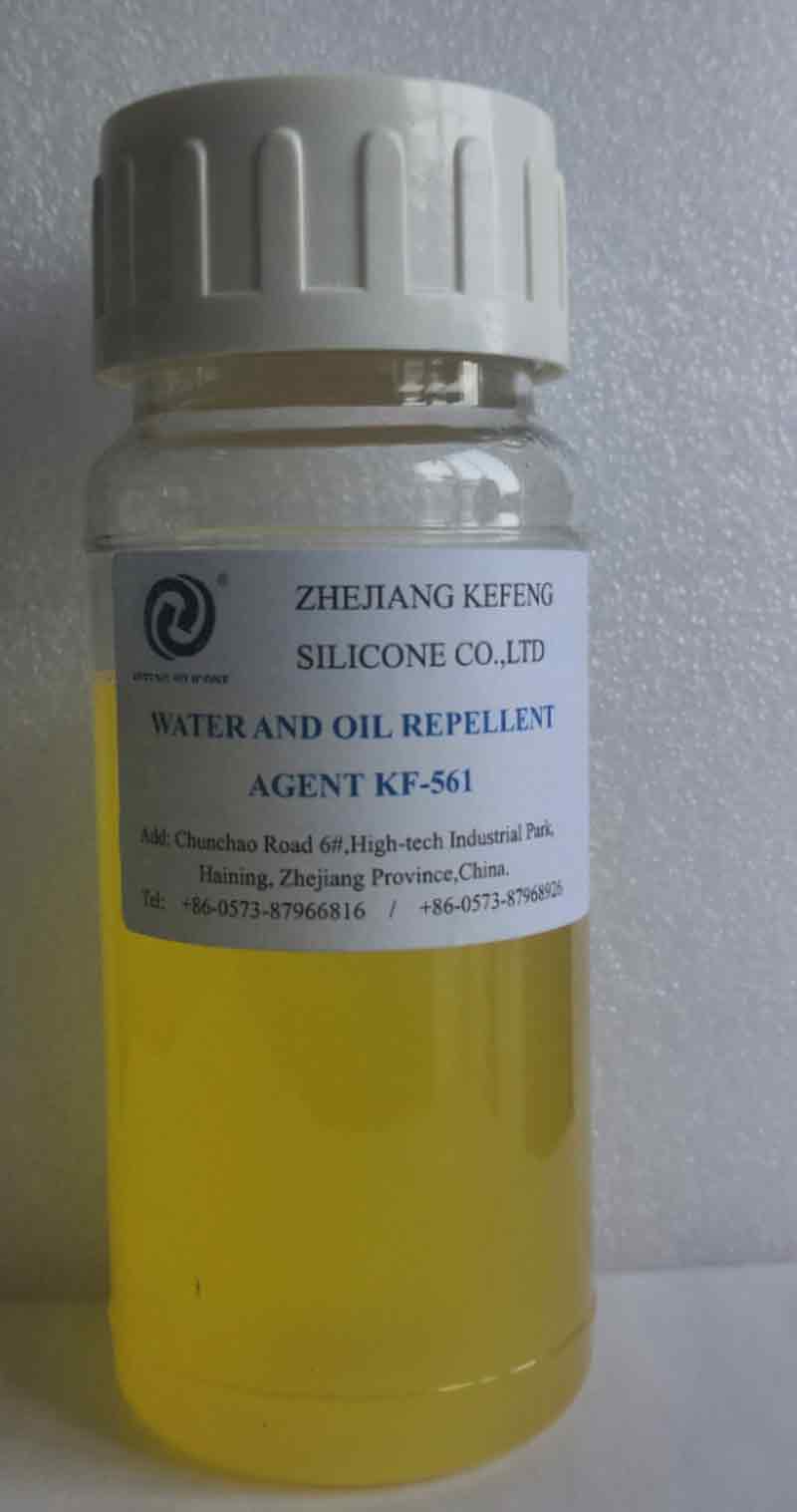

Views: 22 Author: Site Editor Publish Time: 2022-08-31 Origin: Site

Silicone is a naturally occurring element derived from silicon stone, water, and methanol, and is also synthetically manufactured. It is the eighth-most abundant element in the universe, but is rarely found as a free element. It is present in small amounts in the body, and is essential in repairing connective tissue and taking care of hair and nails. Silicon is also found in foods, including red wine, beer, raisins, whole-grain bread, bran cereal, brown rice, and dried fruit and vegetables.
Most consumer products contain silicone oils, which can be used to improve tissue softness and a silk-like feel. These oils have no adverse effects on tissue strength, and are considered to be non-irritant and non-comedogenic. They are also used in lubricants, hydraulic fluids, and dashpots.
The most common type of silicone oil is polydimethylsiloxane. It is a pliable, inert substance used in hydraulic, dielectric, and electronics-grade fluids. It also works well as a heating and thermostatic fluid, and is widely used in cosmetics.
Silicone oil is a type of linear polymer composed of silicon and oxygen atoms that are connected through hydrogen bonds. This structure allows the molecules to glide over each other with ease. It has excellent thermal stability, low surface tension, and high compressibility. The siloxane polymer has remarkable resistance to oxidation, hydrolysis, and natural ageing.
New Type Block Silcone Oil 799 is a three-component block copolymer and has overcome the drawbacks of amino silicon oil. It conforms to EU Oeko-Tex Standard 100, and is a non-toxic compound. It is also water-based and can be diluted.
The properties of silicone fluid vary according to its concentration, but in general it exhibits good compressibility and does not coagulate. This makes silicone a good choice for damper oils and lubricants in automobiles. Its chemical compatibility allows it to be used in high-temperature parts of radiological equipment.
In addition to its lubricating properties, silicone lubricants do not evaporate or dry over time. Silicone lubricants also have no additives that increase osmolality, which is the measurement of how much solvent is dissolved in the formula. Such additives can potentially jeopardize the health of vaginal cells.
When comparing silicone oil-based brake fluid with glycol-based brake fluid, it is important to consider the type of brake fluid that you're replacing. Glycol-based brake fluids absorb moisture from the brake system, and the silicone ones do not. As a result, they can cause a spongy pedal sensation and can rust.
Another feature of silicone oil is its electrical properties. It is much better at resisting dielectric breakdown than mineral oil. However, silicone oil-based fluids should be treated carefully to prevent moisture absorption. If you need to use silicone oil in high-voltage transformers, you should dehydrate the silicone oil first before using it.
